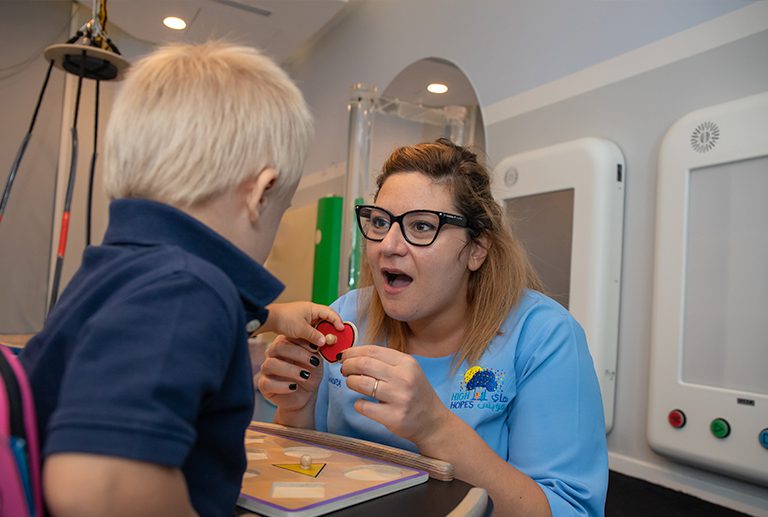
The Vital Role Of Occupational Therapy In Pediatric Care
Occupational therapy (OT) plays a crucial role in pediatric care, focusing on enhancing children’s abilities to participate in daily activities and promoting their overall development. From infancy through adolescence, occupational therapists address various physical, cognitive, and emotional challenges to support children in achieving independence and reaching their full strength.
Understanding occupational therapy in pediatrics:
Child occupational therapy is centered on addressing the unique needs of children to facilitate their engagement in meaningful activities. Unlike adults, children’s occupations primarily revolve around play, school, self-care, and social interactions. OT interventions are tailored to each child’s developmental stage, abilities, and specific challenges.
Early intervention:
Early intervention is key in pediatric occupational therapy, aiming to identify and address developmental delays or disabilities as soon as possible. By intervening early, therapists can help children overcome obstacles that may hinder their development later in life. OT interventions in infancy can target areas such as sensory processing, motor skills, and feeding to lay a strong foundation for future growth and learning.
Promoting developmental milestones:
Occupational therapists play a vital role in promoting children’s achievement of developmental milestones. Through structured activities and therapeutic play, therapists support the acquisition of skills such as crawling, walking, self-feeding, and handwriting. By focusing on these fundamental abilities, OT helps children gain independence and confidence in their daily activities.
Sensory integration:
Many children experience challenges with sensory processing, impacting their ability to regulate responses to sensory stimuli effectively. Occupational therapists utilize sensory integration techniques to help children develop appropriate responses to sensory input. By creating sensory-rich environments and engaging in sensory-motor activities, therapists facilitate the organization of sensory information, improving children’s participation in daily tasks and social interactions.
Addressing fine motor and gross motor skills:
Fine motor skills, essential for tasks like grasping objects and writing, and gross motor skills, necessary for activities like running and jumping, are integral components of child development. Occupational therapists employ a variety of exercises and interventions to enhance these skills. From hand strengthening activities to balance exercises, OT interventions target specific areas of motor development to improve children’s functional abilities.
Supporting social and emotional well-being:
Occupational therapy also addresses the social and emotional aspects of child development. Therapists work with children to develop social skills, emotional regulation strategies, and coping mechanisms. By providing a supportive environment and teaching adaptive behaviors, OT helps children steer social interactions and manage stressors effectively.